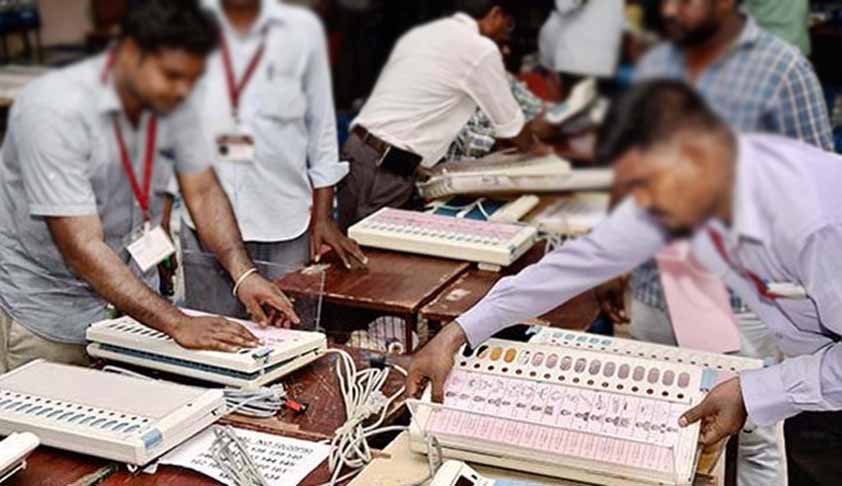Cluster Counting Of Votes: SC Seeks EC’s Reply, Even As Centre Cites Risk Of Outflow Of Data From EVM
Mehal Jain
5 March 2018 12:36 PM IST

Next Story
5 March 2018 12:36 PM IST
A Supreme Court bench of Chief Justice Dipak Misra, Justice DY Chandrachud and Justice AM Khanwilkar, on Monday heard a string of writ petitions praying for the substitution of the prevailing system of ward-wise revelation of election results with a regime of cluster counting.Advocate Gopal Sankaranarayanan, appearing on behalf of BJP leader Ashwini Kumar Upadhyay, one of the present...
